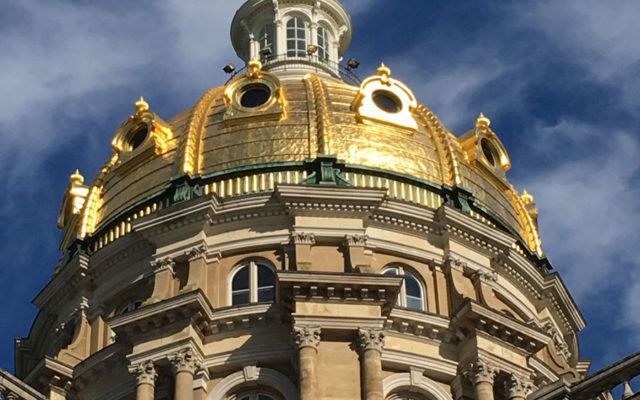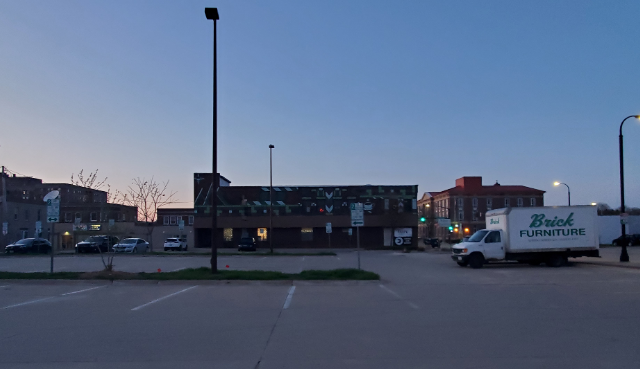GOP lawmakers pass new view of property tax rates, assessments

DES MOINES — Republicans in the Iowa legislature have developed a plan they say will bring “transparency” to property taxes.
Iowans could check new notices online and in newspapers after the value of local homes, businesses and farms are assessed that show what property tax rate would be charged if city and county budgets stay the same. Property tax hikes that are greater than two percent would have to be approved by two-thirds of the members of a city council or county board of supervisors.
Republicans like Representative Dustin Hite say it means local officials wouldn’t be able to let sizable tax increases automatically go into effect when property values go up.
“When somebody’s property taxes go up — the check to they write to the county treasurer goes up — somebody should have had to vote for that and take responsibility for that,” Hite said Wednesday.
Hite, the former mayor of New Sharon, told reporters this shouldn’t “hamstring” local governments.
“What I think it’s going to do is make cities and counties think about what they are doing and think about it in a hard way to make sure that they are only raising those taxes that they think are necessary,” Hite said.
Senator Randy Feenstra, a Republican from Hull, spoke early Wednesday evening just before Republican senators approved the plan.
“The bill is all about truth in taxation,” he said.
Democrats like Representative Timi Brown-Powers of Waterloo say the bill has changed significantly from its original version and the public has had little chance to examine the final product.
“We went from — in my opinion — a really, really bad bill to, now, a bad bill,” Brown-Powers told reporters Wednesday afternoon.
Senator Pam Jochum, a Democrat from Dubuque, said the bill will make it harder for communities to grow.
“I can tell you that in the state of Wisconsin they did something similar a few years ago and listen up rural Iowa, the little towns and villages in Wisconsin are hollowing out,” Jochum said during Senate debate.
The Senate passed the bill last night on a 33-17 vote, while the House passed it just before 2:45 this morning 53-46. If Governor Kim Reynolds signs the bill into law, it would go into effect July 1st of 2020 — impacting the next round of budgeting by Iowa cities and counties.




